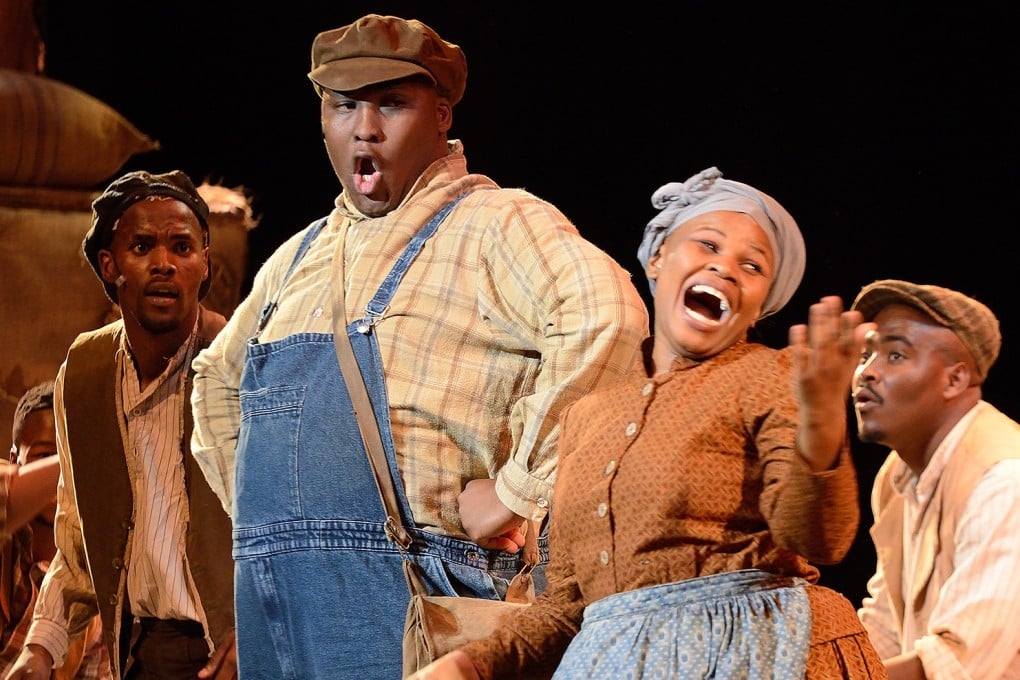How post-apartheid South Africa became a centre for opera, and developed its own style
- The 25-year-old Cape Town Opera has driven much of the development, while stars like Pretty Yende and Levy Sekgapane are shining abroad

South African opera has developed its own uniquely local style – both in the make-up of its casts and its dramatic themes – in the three decades since the end of apartheid, experts argue.
With South African stars shining on the international stage, opera has boomed since racial barriers were scrapped in 1994, drawing in talent from the country’s great choral traditions to carve out an important place in a hugely diverse cultural landscape.
Much of the change has been driven by the 25-year-old Cape Town Opera, which is considered Africa’s most successful opera company.
The grandfather of it all is Italy-born Angelo Gobbato, a former singer who co-founded the company five years after apartheid ended and who was honoured in March with a lifetime achievement award for his contribution to South African opera.

When the company was starting out, Gobbato staged Donizetti’s dramatic Lucia di Lammermoor with lead singers brought in from abroad. The cast of a just-ended 25th-birthday run of the same opera was entirely South African and featured only one white singer – an illustration of the changes, he says.
